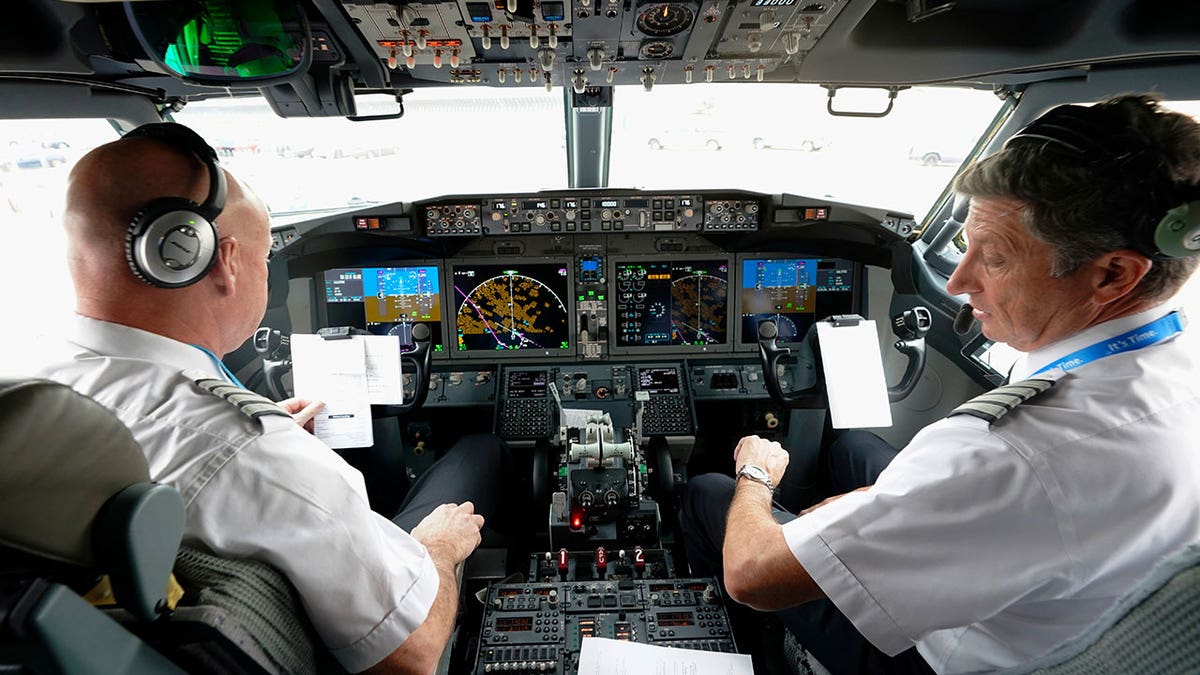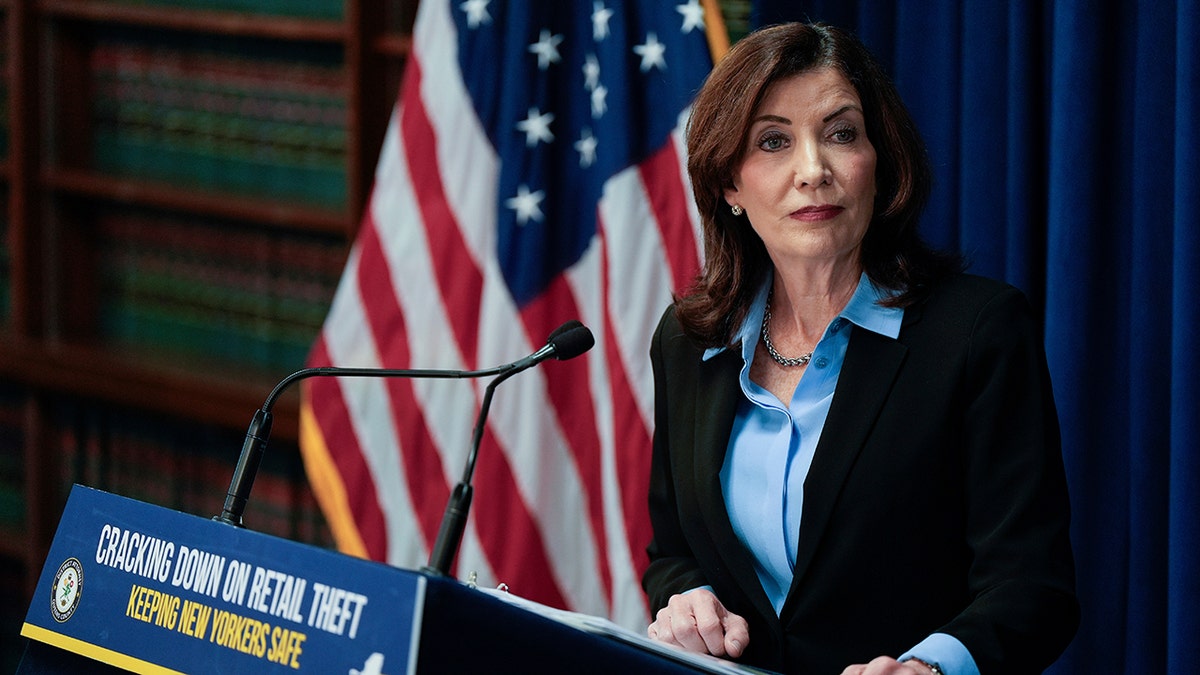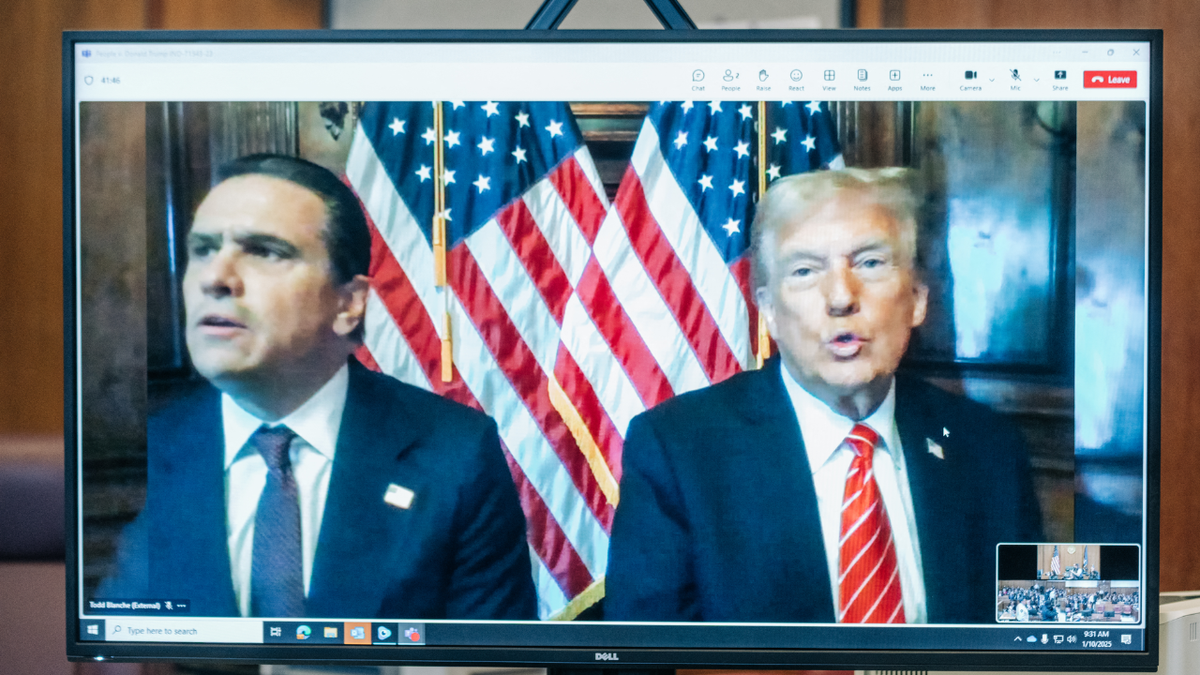In an effort to address persistent flight delays and cancellations, the U.S. House of Representatives has passed a bill to bolster the Federal Aviation Administration (FAA). The legislation aims to enhance air travel by allocating increased funding for air traffic controllers and raising the mandatory retirement age for pilots. This five-year reauthorization of FAA programs passed with a strong bipartisan majority.
The bill's passage followed a series of closely contested votes on key issues. One provision, ultimately removed, sought to allow more flight simulator hours to count towards the required 1,500 hours of flight time needed to become an airline pilot. Smaller airlines supported this change to address pilot shortages affecting smaller communities, while pilot unions and other opponents argued it would compromise safety. Another provision, raising the mandatory pilot retirement age from 65 to 67, remained in the bill despite opposition.

The House also rejected a proposal to increase long-haul flights at Reagan Washington National Airport, a move championed by Delta Air Lines and some lawmakers but opposed by United Airlines and others citing congestion concerns. Meanwhile, the Senate is working on its own version of the bill ahead of the October 1st deadline. Differences between the House and Senate versions will need to be reconciled to avoid a short-term extension of existing FAA programs.
The legislation contains several provisions impacting air travelers, including one that would reverse a 2011 Transportation Department rule requiring airlines to display the full ticket price upfront in advertising. Airlines would instead be allowed to provide a link to the total price, a change opposed by consumer advocates and the White House. Consumer groups are hoping the Senate bill will be more favorable to their interests.
Chairman of the Transportation Committee, Sam Graves, highlighted the bill's focus on improving system safety, airport infrastructure, and passenger service quality. Numerous business groups and airlines have expressed support for the House's action, citing its potential to enhance air traffic control staffing, technology, and the training pipeline for pilots and maintenance technicians.








